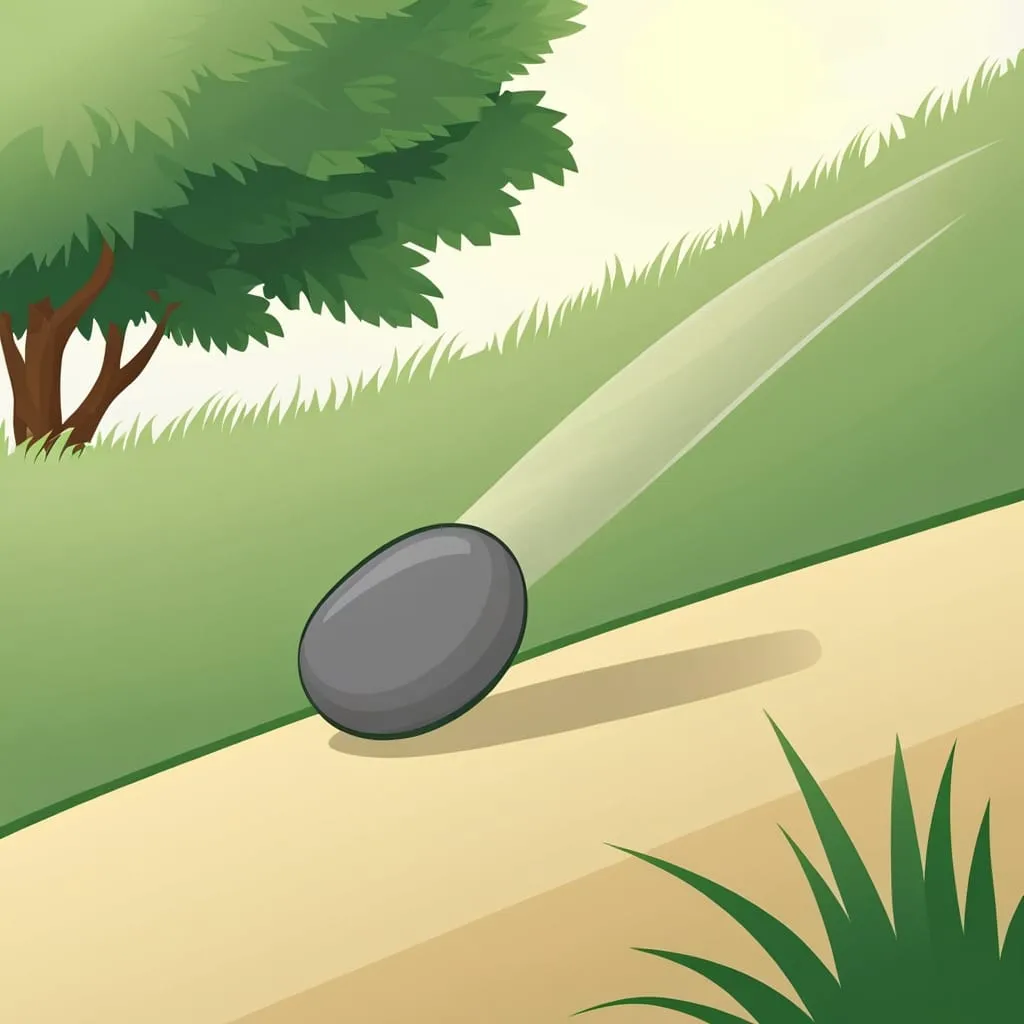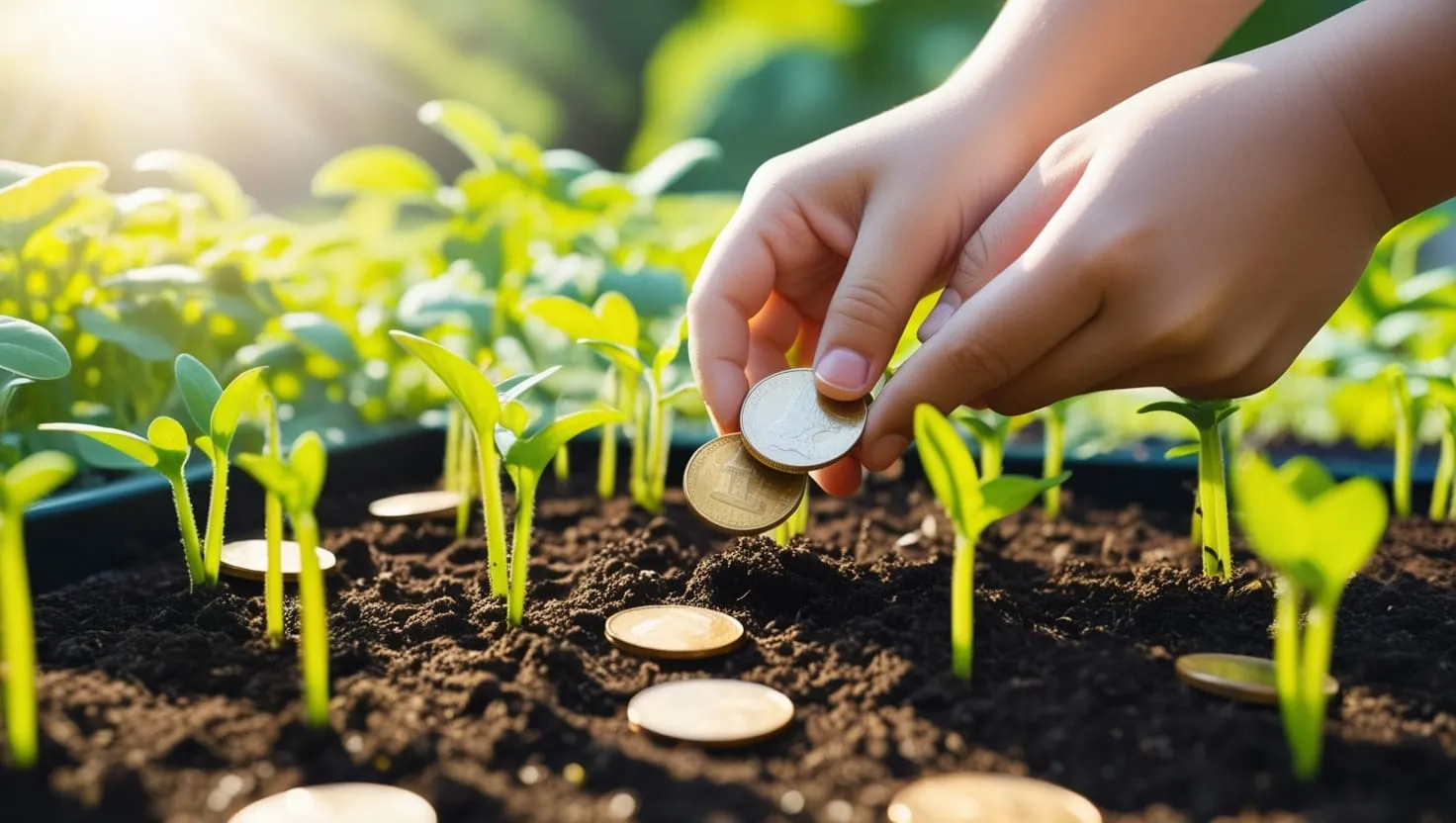Tiny Habits: The Secret to Big Changes in Your Life
Ever feel like you're stuck in a rut, wanting to make changes but not knowing where to start? Well, I've got some good news for you. There's a powerful tool that can transform your life, and it's probably not what you're thinking. It's called tiny habits.
Now, you might be wondering, "What's so special about tiny habits?" Let me tell you, these small, seemingly insignificant actions can pack a punch when it comes to improving your life. Whether you're looking to boost your fitness, manage your finances better, or enhance your mental well-being, tiny habits are the way to go.
So, what exactly are tiny habits? Think of them as baby steps towards your goals. Instead of trying to overhaul your entire life overnight (which, let's face it, rarely works), you start with ridiculously small actions. And I mean ridiculously small. We're talking about doing two pushups a day if you want to get fit, or flossing just one tooth if you're aiming for better dental hygiene.
I know what you're thinking. "Two pushups? One tooth? That's not going to make a difference!" But here's the thing - it's not about the immediate impact. It's about building momentum and creating a habit that sticks.
Let's break it down a bit. Say you want to start a fitness routine. The thought of hitting the gym for an hour every day might seem overwhelming. But two pushups? That's doable, right? It's so easy that you can't really say no to it. And that's the beauty of tiny habits - they're so small that your brain doesn't put up a fight.
Now, here's where the magic happens. Once you've successfully done your two pushups for a few days, you'll likely find yourself doing more. Maybe you'll do five pushups, or add a squat or two. Before you know it, you've built a solid workout routine, all starting from those two little pushups.
The same principle applies to other areas of your life. Want to save money? Start by putting aside just a dollar a day. Looking to eat healthier? Begin by adding one extra vegetable to your plate at dinner. These small actions might seem insignificant, but they're the building blocks of lasting change.
One of the key elements of making tiny habits work is celebration. Yep, you heard that right. After you complete your tiny habit, give yourself a little pat on the back. It doesn't have to be anything big - a simple smile or a mental "good job" will do. This celebration creates a positive emotional connection to the habit, making you more likely to repeat it.
Another crucial aspect of tiny habits is using prompts. A prompt is basically a cue that triggers your habit. For example, if you want to start a habit of drinking more water, your prompt could be "After I wake up, I'll drink a glass of water." The key is to make the prompt specific and automatic, so you don't have to think about it too much.
Speaking of automatic, one of the best ways to integrate tiny habits into your life is to attach them to existing routines. Let's say you always brush your teeth in the morning. You could add the habit of flossing one tooth right after brushing. This way, the new habit piggybacks on an established routine, making it easier to remember and do.
Now, let's talk about how tiny habits can work wonders for your finances. We all know we should be saving more, but the thought of setting aside a large chunk of money each month can be daunting. Instead, start with saving just a dollar a day. It's a tiny amount, but it's a start. Over time, you can gradually increase the amount, but that initial tiny habit helps build the momentum.
Or maybe you're trying to cut down on eating out. Instead of going cold turkey, start by cooking at home just one extra day a week. This small change can lead to healthier eating and significant cost savings over time. Plus, you might discover a new love for cooking!
Tiny habits can also have a big impact on your mental health and productivity. If you're struggling to get started on a task, break it down into the smallest possible action. Writing a report? Start by opening the document and typing just one sentence. Once you've done that, you'll often find the momentum to continue.
Mindfulness is another area where tiny habits can be beneficial. Start your day with just five deep breaths. It's a small action that can set a positive tone and help you feel more alert and focused throughout the day.
One of the best things about tiny habits is that they prioritize consistency over perfection. It's better to do a tiny habit every day than to try to do a big habit once a week and then give up. Consistency helps build the habit into your routine, making it easier to expand and grow over time.
I've personally found that tiny habits have transformed my daily routine in ways I never thought possible. For instance, I started by drinking a full glass of water as soon as I wake up. This simple habit has made me feel more alert and has kickstarted a chain of other positive choices throughout the day.
Another tiny habit that has been a game-changer for me is setting out my clothes for the next day before bed. It sounds minor, but it removes decision fatigue in the morning and helps me get dressed quickly, setting a positive tone for the rest of the day.
To make tiny habits practical in your life, you need to be open, flexible, and curious about the possibilities. Lower your expectations for immediate success and focus on the small wins. Celebrate every success, no matter how small it seems.
For example, if you're trying to start a walking habit, don't aim to walk 10,000 steps right away. Start by walking just 100 steps after dinner each day. Once that becomes a habit, you can gradually increase the distance.
One of the biggest obstacles to forming new habits is the fear of failure. But here's the beauty of tiny habits - the stakes are so low that failure is almost impossible. If you miss a day, it's not the end of the world; you can simply get back on track the next day.
Another common obstacle is willpower. The great thing about tiny habits is that they bypass the need for willpower by making the actions so easy that they become almost automatic. You don't need to muster up a lot of motivation to do two pushups or drink a glass of water.
The mindset behind tiny habits is crucial. You need to be open to adjusting your approach and not take it personally if a habit isn't working. If something isn't sticking, it's not because you're flawed; it's just that the approach needs to be tweaked.
Motivation and ability are the critical factors in determining the success of a behavior. You need to increase either your motivation or your ability to get the action outside the "Action Line," as it's called. These two factors are complementary – the more you have of one, the less you need of the other.
When working with others, whether it's a family member, friend, or client, the key is to help them do what they already want to do. You're not trying to force change but rather influence it. By setting tiny habits that are aligned with their goals, you can help them achieve significant changes over time.
In conclusion, tiny habits are a powerful tool for transforming your life in small but significant ways. By starting small, using prompts, celebrating successes, and being consistent, you can build habits that lead to healthier, happier, and more productive living. Whether it's improving your finances, enhancing your mental health, or boosting your productivity, tiny habits offer a practical and effective way to achieve your goals.
So, the next time you're thinking about making a change, remember that tiny is mighty. Start with something as simple as drinking a glass of water or doing two pushups, and watch how these small actions can grow into meaningful habits that change everything. Your future self will thank you for taking that first tiny step today.






